By _ shalini oraon

—
Easy to Win If…’: Trump’s Post-Election Advice and the New Republican Playbook
In the wake of any significant electoral outcome, the political arena becomes a stage for interpretation, blame, and strategic repositioning. The recent victory of a progressive coalition, headlined by the controversial academic Mahmood Mamdani—whom Donald Trump and his allies swiftly branded a “communist”—has provided the latest catalyst for this ritual. Former President Trump’s response, distilled into a characteristically pithy and incendiary phrase, offers a revealing glimpse into the likely Republican strategy heading toward the next election cycle: “Easy to win if…”
While the full context of his statement fills a rally stage or a Truth Social post, the implied conclusion is unmistakable: “It would be easy to win if… the Republicans stopped being weak,” “…if they fully embraced my leadership,” or “…if they took the fight directly to the radical left.” This rhetoric is more than just sour grapes; it is a calculated political maneuver that lays the groundwork for a campaign built on polarization, cultural grievance, and a stark definition of the opposition.
Deconstructing the ‘Communist’ Label: A Weapon in the Culture War
The immediate labeling of Mamdani and his Democratic colleagues as “communist” is a deliberate and potent tactic. For Trump and his base, the term is less a precise political-economic descriptor and more a catch-all pejorative for anyone perceived as radically left-wing, anti-American, or supportive of a large, redistributive government. By deploying this label, Trump accomplishes several objectives at once.
First, it activates a deep-seated historical and emotional aversion within a significant portion of the American electorate, particularly among older voters who grew up during the Cold War. Tying the entire Democratic platform to a term as loaded as “communism” instantly frames the election not as a choice between competing domestic policies, but as a existential battle for the nation’s soul. It simplifies a complex political landscape into a binary, morally charged conflict: patriotism versus socialism, freedom versus tyranny.
Second, it serves to energize the Republican base. The fear of a “communist” takeover, however rhetorically inflated, is a powerful mobilizing tool. It creates a sense of urgency and crisis that drives voter turnout and donations. This strategy is not designed to persuade swing voters with policy details but to ensure that the core constituency is frightened and angry enough to show up at the polls in massive numbers.
The ‘Easy to Win’ Formula: Trump’s Prescription for the GOP
The “Easy to win if…” formulation is Trump’s signature brand of political analysis—a blend of boastfulness, grievance, and strategic oversimplification. In his view, victories are not earned through complex coalition-building or nuanced policy platforms but through sheer force of will and an uncompromising stance. The implied criticisms within this phrase are targeted squarely at the more establishment, institutionalist wing of the Republican Party.
1. “If You Fight Fire with Fire”: Trump’s core advice is almost always to adopt a more aggressive, no-holds-barred approach. He argues that Republicans lose when they “play gentlemanly politics” while Democrats “fight dirty.” His prescription is to meet perceived Democratic attacks with even fiercer counter-attacks, to dominate the news cycle with controversy, and to never apologize. In this context, the “communist” label is the ultimate escalation of rhetorical warfare.
2. “If You Embrace Populist Nationalism”: The “easy” win, in Trump’s calculus, comes from doubling down on the issues that galvanized his base in 2016 and 2020: stringent immigration controls, America-first economic policies (or at least the rhetoric of them), and a rejection of globalist institutions. He would argue that straying from this message in an attempt to appeal to moderates is a losing strategy, as it dilutes the passion of the core supporters.
3. “If You Centralize the Campaign Around Me”: Implicit in all of Trump’s political commentary is the idea that he alone possesses the formula for victory. The “if” often implies that the party should fully align with his leadership, endorse his chosen candidates, and embrace his narrative of the “stolen” 2020 election as an article of faith. This consolidates his control over the party apparatus and purges it of dissenting voices.
The Democratic Counter-Narrative and Electoral Reality
For Democrats and progressives, this strategy is both a threat and an opportunity. The opportunity lies in the potential to paint Trump and his movement as extreme and out of touch with the realities of most Americans’ lives. While the “communist” label may fire up the GOP base, it can seem hysterical and unserious to suburban independents, young voters, and others more concerned with healthcare, inflation, and climate change.
The Democratic counter-narrative would focus on portraying Trump’s rhetoric as a dangerous distraction. They would argue that the real “communist” threat is a phantom, a scare tactic designed to divert attention from their own popular policy proposals—such as protecting abortion access, lowering prescription drug costs, and investing in green energy. Their victory, in this case, would be framed as a rejection of this politics of fear and a endorsement of pragmatic, forward-looking governance.
However, the electoral reality is that Trump’s strategy, while divisive, has proven effective in certain contexts. It successfully flipped key Rust Belt states in 2016 and galvanized a record Republican turnout in 2020. The danger for Democrats is in becoming complacent, dismissing his rhetoric as mere noise rather than a coherent, if brutal, mobilization strategy.
The Long-Term Implications for American Democracy
The “easy to win if…” mindset, coupled with the routine branding of opponents as “communists” or “fascists,” has profound consequences for the health of American democracy. It erodes the shared sense of reality necessary for compromise and functional governance. When political opponents are not merely rivals with different ideas but are framed as existential enemies, the incentive for cooperation evaporates.
This rhetoric contributes to the deep and toxic polarization that paralyzes legislatures and fuels social animosity. It moves political discourse from the realm of debate into the realm of moral crusade, where any tactic is justified in the fight against absolute evil.
In conclusion, Trump’s reaction to the recent electoral victory of figures like Mahmood Mamdani is not an isolated outburst. It is a strategic blueprint. The “easy to win if…” mantra is a call for a more combative, ideologically pure, and personality-driven Republican Party. It signals that the upcoming election will be fought not on a narrow battleground of policy differences, but on a vast, chaotic landscape of cultural and ideological identity. The American electorate is now poised on the brink of another campaign that will be less about winning an argument and more about winning a war, with the very soul of the nation presented as the prize. The coming months will reveal whether this strategy of maximalist conflict is, in fact, the easy path to victory that its author claims.
Discover more from AMERICA NEWS WORLD
Subscribe to get the latest posts sent to your email.
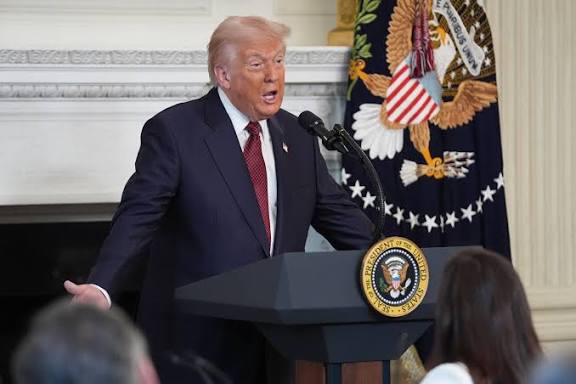
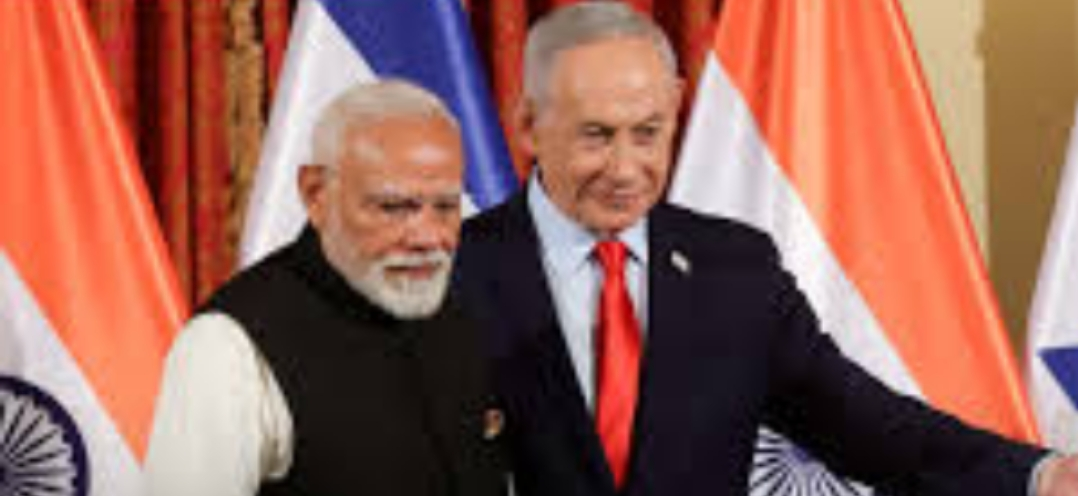
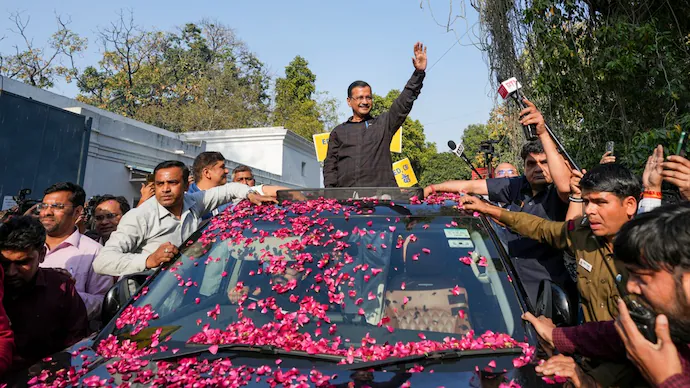














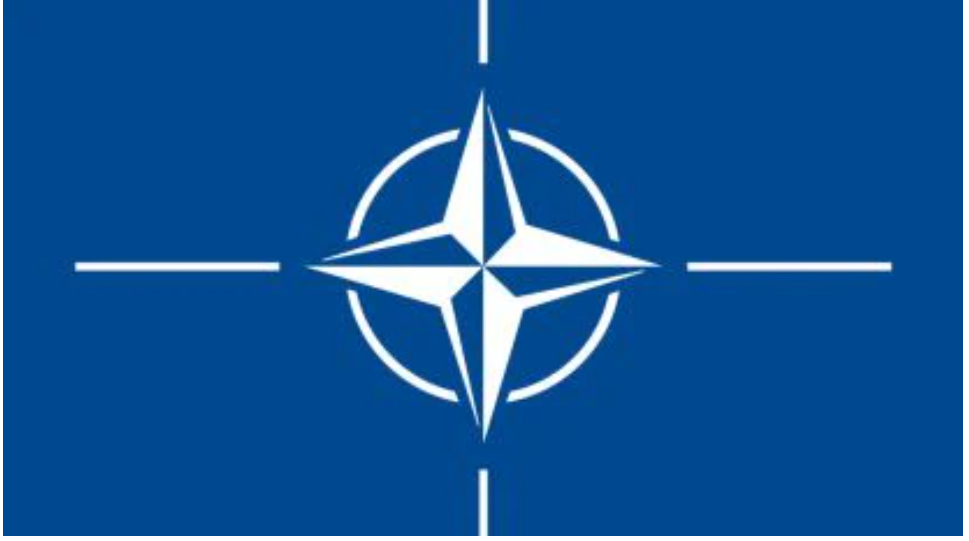





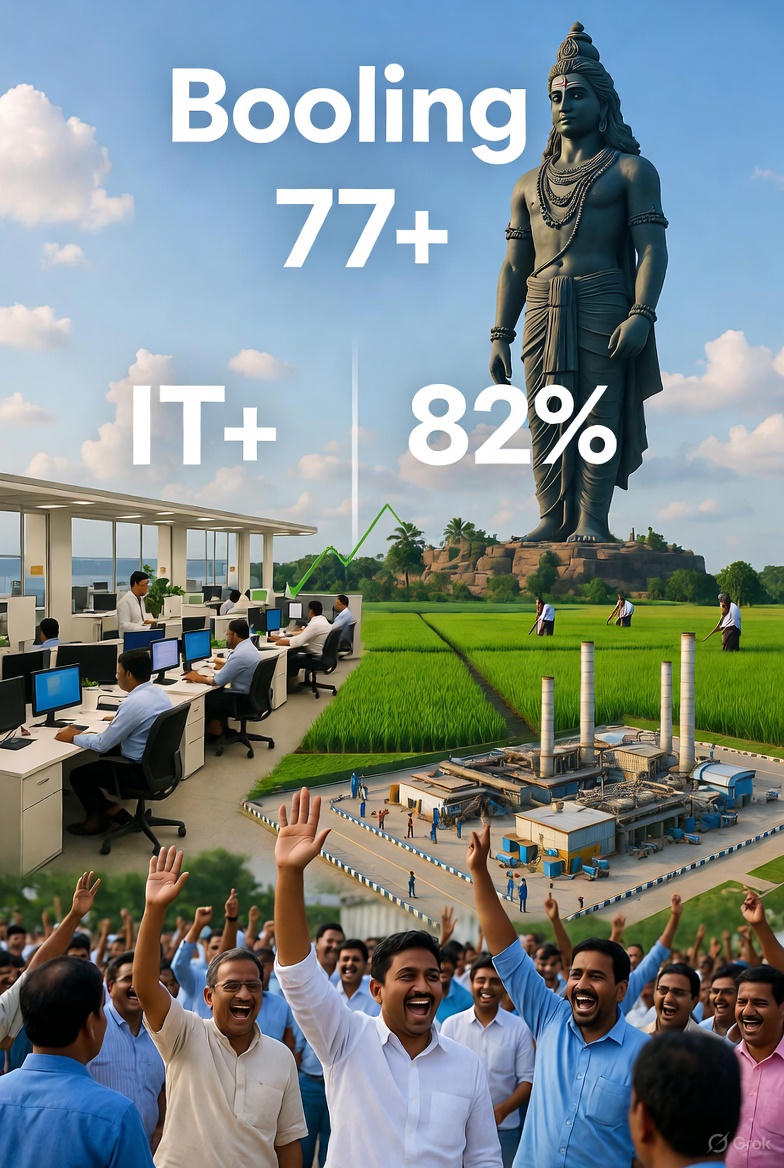














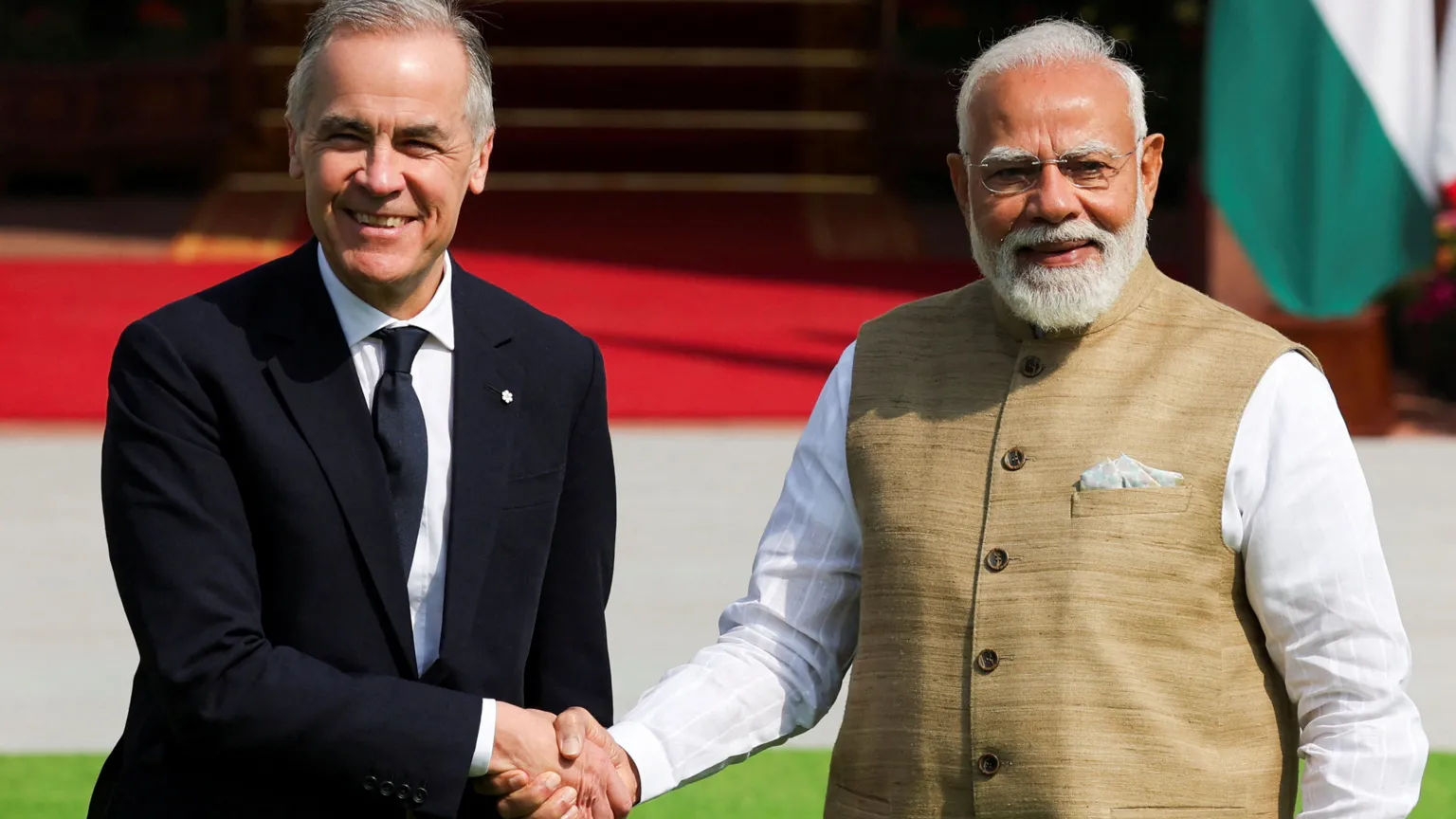
![Smoke rises after Israeli strikes in Beirut's southern suburbs, on March 2 [Mohamad Azakir/Reuters]](https://america112.com/wp-content/uploads/2026/03/hgh.webp)
